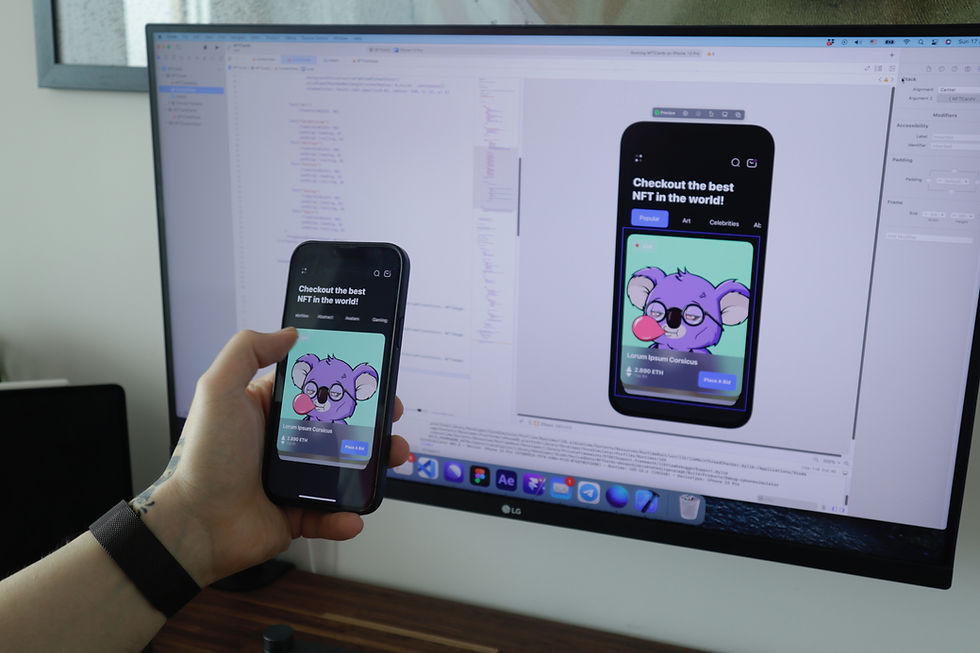10 Android libraries every developer should know
- Apr 2, 2023
- 3 min read

Android development can be complex and time-consuming, but luckily, there are many libraries available that can help make the process easier and faster. In this blog post, we'll explore 10 essential Android libraries that every developer should know and consider using in their projects.
Retrofit: Retrofit is a type-safe REST client for Android that makes it easy to retrieve and upload data to a server. It's a popular library that supports several data formats such as JSON, XML, and Protocol Buffers. With Retrofit, you can define API endpoints, request parameters, and response types in an interface, making it easy to create a robust REST client.
Glide: Glide is an image loading and caching library for Android that can load images from a variety of sources, including URLs, local files, and content providers. It's easy to use and can automatically scale and crop images to fit different device sizes and aspect ratios. Glide also provides advanced features like memory and disk caching, placeholder images, and animated GIF support.
Room: Room is an object-relational mapping (ORM) library that makes it easy to work with SQLite databases on Android. It provides an abstraction layer over raw SQL queries, allowing you to easily perform CRUD (create, read, update, delete) operations on database entities. Room also supports reactive programming with LiveData and RxJava, making it easy to create responsive UIs.
Dagger 2: Dagger 2 is a dependency injection (DI) library that helps manage the dependencies between different components of an Android app. It uses annotations to generate boilerplate code for injecting dependencies, making it easy to maintain a clean, modular architecture. Dagger 2 also supports compile-time validation of dependencies, reducing the risk of runtime errors.
OkHttp: OkHttp is an HTTP client library for Android that can handle both synchronous and asynchronous network requests. It provides a simple API for making requests and supports features like caching, authentication, and encryption. OkHttp is also highly customizable, allowing you to add interceptors, configure timeouts, and handle error responses.
Timber: Timber is a logging library for Android that makes it easy to debug and troubleshoot your app. It provides a simple API for logging messages with different levels of severity and can automatically tag log messages with useful information like the class name and line number. Timber also supports custom loggers, making it easy to integrate with third-party logging services.
Gson: Gson is a JSON serialization and deserialization library for Android that can convert JSON strings to Java objects and vice versa. It provides a simple API for defining custom serialization and deserialization rules and supports advanced features like nested objects, arrays, and polymorphic types. Gson can also handle malformed JSON input, making it robust and flexible.
Firebase: Firebase is a suite of tools and services for developing Android apps, which includes features like real-time database, authentication, hosting, cloud messaging along with support for serverless functions that run in response to events that are automatically scaled and managed.
Finotes: Finotes is a lightweight SDK that detects performance issues and bugs like memory leaks, ANR, Frozen Frames, screen load delays, crashes, network call failures, exceptions, function failures and more. The tool works seamlessly in development, testing and live phases.
Espresso: Espresso is a testing framework for Android that helps automate UI testing and ensure app quality. It provides a simple API for interacting with UI elements and simulating user actions like clicks



Comments